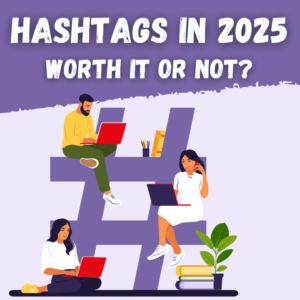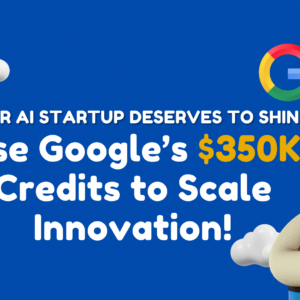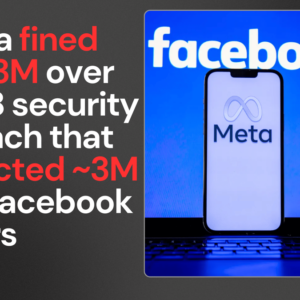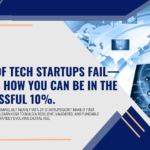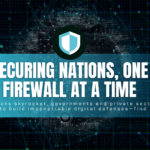In recent years, the way we learn has been evolving rapidly, and one of the most exciting developments is the integration of Virtual Reality (VR) into education. Meta, the company formerly known as Facebook, is leading this transformation through innovative partnerships with educational institutions. These initiatives aim to revolutionize learning experiences and make education more engaging and accessible. Let’s dive into what these partnerships entail and how they are reshaping the landscape of education.
What Are Meta’s VR Education Partnerships?
Meta has embarked on a mission to enhance educational opportunities by integrating VR technology into classrooms.
- Collaborations with Institutions: Meta has partnered with numerous universities across the United States, including prestigious institutions like Stanford and Morehouse College. These collaborations focus on using VR and Augmented Reality (AR) to create immersive learning experiences that go beyond traditional teaching methods.
- Innovative Course Offerings: The partnerships aim to develop VR courses that emphasize soft skills and real-world scenarios. For instance, students can engage in simulations that replicate challenging conversations or practice skills in a safe environment before applying them in real life.
These initiatives not only aim to enrich the curriculum but also to prepare students for the demands of the modern workforce by equipping them with essential skills through experiential learning.
What Is Meta-Learning in Education?
Meta-learning is a fascinating concept that refers to “learning how to learn.” It emphasizes understanding one’s own learning processes and strategies.
- Understanding Learning Styles: In a meta-learning framework, students reflect on their learning experiences to identify what works best for them. This self-awareness allows learners to adapt their study methods according to their individual preferences, whether they are visual, auditory, or kinesthetic learners.
- Enhancing Engagement with VR: VR can significantly enhance meta-learning by providing interactive environments where students can experiment with different learning strategies. For example, a student might use a VR simulation to practice problem-solving in a math scenario, allowing them to see firsthand which techniques yield the best results.
By fostering this reflective practice, meta-learning encourages students to take charge of their education, promoting independence and critical thinking skills.
What Is Metaverse 360 Learning?
Metaverse 360 learning refers to immersive educational experiences that transport students into virtual environments where they can interact with content dynamically.
- Immersive Learning Environments: In these virtual spaces, learners can participate in activities like virtual field trips or lab simulations. Imagine exploring ancient civilizations or conducting complex science experiments without leaving your classroom!
- Examples of Metaverse Learning:
- Virtual Field Trips: Students can visit historical landmarks or explore ecosystems around the world through VR headsets.
- Lab Simulations: Science students can conduct experiments in a controlled virtual setting, allowing them to practice safely without the risks associated with real-life lab work.
This kind of immersive learning not only makes education more engaging but also enhances knowledge retention by allowing students to experience concepts in action.
The Benefits of VR in Education
The integration of VR into education offers numerous advantages that can transform traditional learning environments:
- Improved Engagement: Students are more likely to stay focused and interested when learning in an interactive setting.
- Access to Remote Learning: VR makes it possible for students from diverse geographical backgrounds to participate in high-quality educational experiences together.
- Simulated Real-World Experiences: Learners can practice skills in realistic scenarios without the fear of making mistakes, which is particularly beneficial for training in fields like healthcare and engineering.
These benefits highlight how VR can create more inclusive and effective educational experiences for all learners.
Real-Life Examples of Meta VR in Education
Several schools and programs are already reaping the rewards of Meta’s VR tools:
- Stanford University: Uses the BodySwaps app for business students to practice soft skills like empathy and communication in realistic scenarios.
- Arizona State University: Implements VR for language learners to engage in conversations within various virtual environments.
- University of Alabama at Birmingham: Offers business courses on a virtual campus through partnership with VictoryXR, enhancing collaborative learning experiences.
These examples showcase how Meta’s initiatives are making tangible impacts on educational practices across different disciplines.
How to Prepare for VR-Powered Learning
For educators looking to integrate VR into their teaching methods, here are some tips:
- Familiarize Yourself with VR Tools: Explore free resources and platforms like Oculus for Education that offer training materials and support for teachers.
- Start Small: Begin by incorporating simple VR experiences into your curriculum before expanding into more complex applications.
- Encourage Student Feedback: Gather input from students about their experiences with VR tools so you can continuously improve your approach.
By preparing adequately, educators can maximize the benefits of VR technology in their classrooms.
The Future of Learning with Meta VR
Looking ahead, the potential for Meta’s VR education partnerships is vast:
- Expanding Course Offerings: As technology evolves, we can expect an increase in diverse subjects being taught through immersive methods, including STEM fields and humanities.
- Global Collaboration: Virtual classrooms could connect students worldwide, fostering cultural exchange and collaboration on projects beyond borders.
Meta’s role as a pioneer in this space positions it uniquely to shape the future of education through innovative tools that enhance learning outcomes and accessibility.
Imagine walking into a classroom where you can explore ancient Rome or dissect a virtual frog all from your desk! The possibilities are endless as we embrace this new era of learning powered by technology.
As we continue to explore these advancements, consider signing up for Meta’s educational tools or following their updates for the latest innovations in VR learning. Together, we can transform how we learn!
